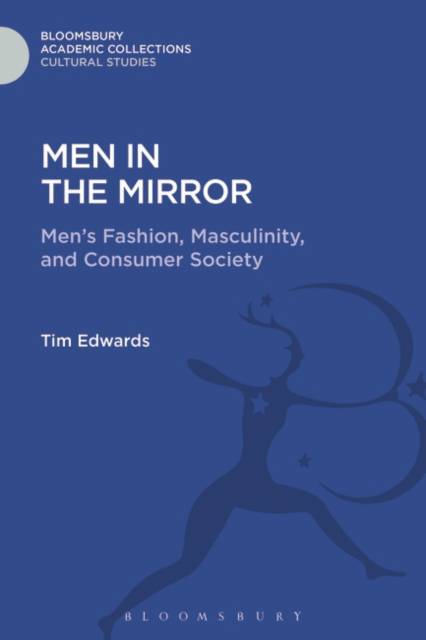
- Afhalen na 1 uur in een winkel met voorraad
- Gratis thuislevering in België vanaf € 30
- Ruim aanbod met 7 miljoen producten
- Afhalen na 1 uur in een winkel met voorraad
- Gratis thuislevering in België vanaf € 30
- Ruim aanbod met 7 miljoen producten
Zoeken
€ 254,45
+ 508 punten
Omschrijving
In recent decades, the myth of fashionable women and sartorially challenged men has been overturned not least through the proliferation of men's style magazines such as GQ and the emergence of masculinity as a marketing tool. In this engaging book, Edwards applies a sociological approach to our understanding of men's fashion, which he argues is significant in the nexus of masculinity and society, past and present, rather than a narrow artistic or aesthetic interest.
Rejecting an essentialist or 'natural' origin, Edwards explores how masculinity and men's fashion are constructed, particularly in relation to consumer society. It is the growing commodification and aestheticism of everyday life, alongside developments in marketing and advertising, that Edwards identifies as the catalyst in the emergence of men's fashion, rather than an abstract 'crisis of masculinity' or 'new man' identity. Concurrently, in the 1980s, changes in demography, economics and ideology gave certain men greater freedom and spending power than ever before. Edwards investigates how these men, clearly distinguished by age, class and sexual orientation, were seduced by advertisers with sexualised images of suited city gents and body-beautiful boys in Levis, and how the resultant process of consumption was facilitated through developments in the practice of shopping itself, such as easy access to credit. He examines the influence of the advertisers' message in creating a hierarchy of masculinity in which some men are valorised and others are denigrated. Starting with a historical review of men's fashion and a discussion of its importance and meanings, Edwards goes on to analyse the contemporary marketing of menswear and masculinity in advertising and in the media, and considers the politics of fashion for men in terms of gender, class, race and sexuality.Specificaties
Betrokkenen
- Auteur(s):
- Uitgeverij:
Inhoud
- Aantal bladzijden:
- 176
- Taal:
- Engels
- Reeks:
Eigenschappen
- Productcode (EAN):
- 9781474287340
- Verschijningsdatum:
- 6/10/2016
- Uitvoering:
- Hardcover
- Formaat:
- Genaaid
- Afmetingen:
- 156 mm x 234 mm
- Gewicht:
- 426 g

Alleen bij Standaard Boekhandel
+ 508 punten op je klantenkaart van Standaard Boekhandel
Beoordelingen
We publiceren alleen reviews die voldoen aan de voorwaarden voor reviews. Bekijk onze voorwaarden voor reviews.











